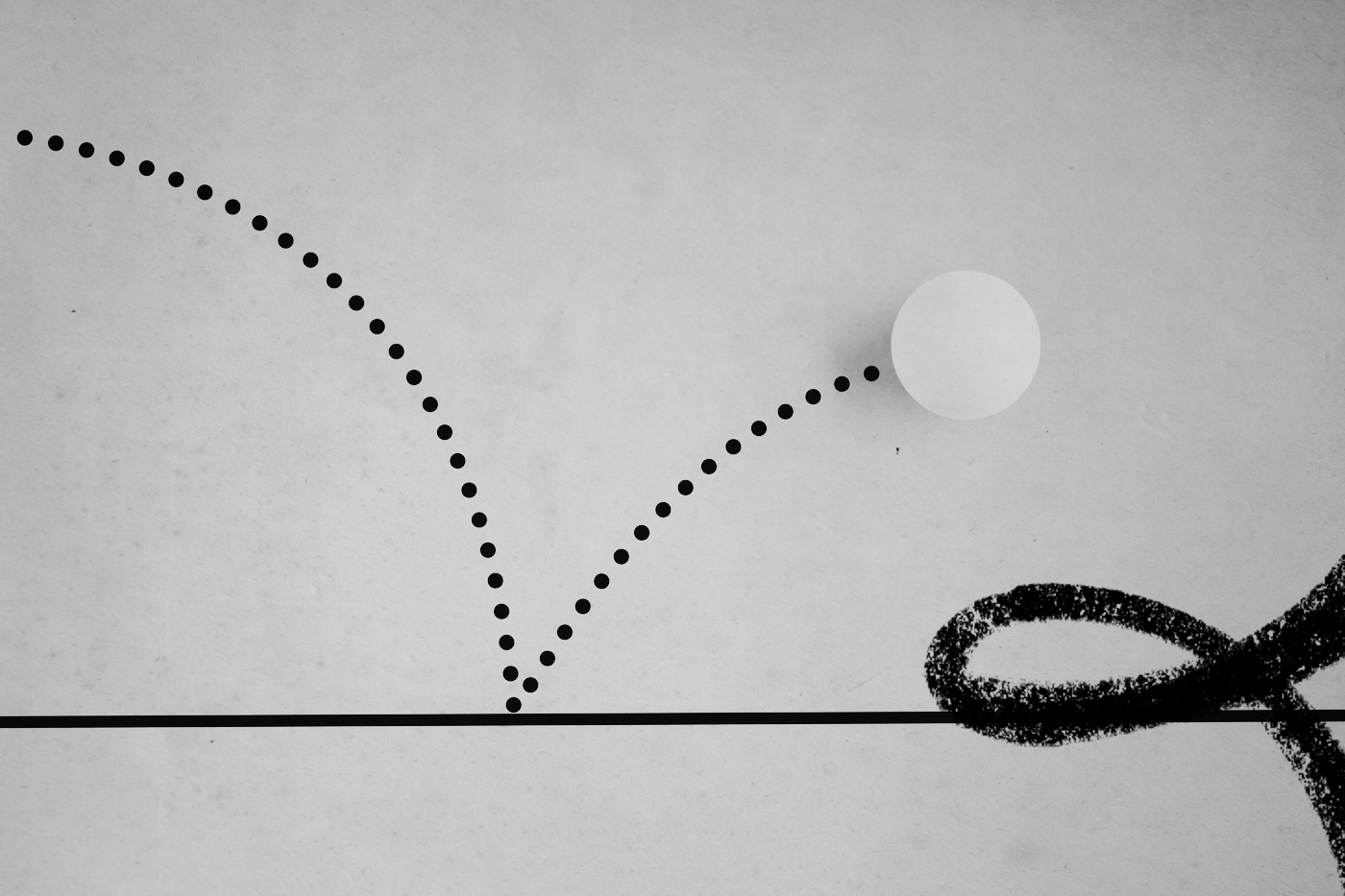Sublime
An inspiration engine for ideas
Lastly, resilience emerges out of a system’s ability to endure and bounce back from stress, like a jelly that wobbles on a plate without losing its form, or a spider’s web that survives a storm.
Kate Raworth • Doughnut Economics: The must-read book that redefines economics for a world in crisis
Resilience requires a kind of elasticity, an ability to stretch and reach but then to return, to spring back into a former shape—or perhaps to shapeshift into something new if the circumstances require it. Resilience is stretchy where optimization is brittle; resilience invites change where optimization demands continuity. But whether we’re talking
... See moreMandy Brown • Against Optimization
Flexibility is an important component of resilience.
Laurence Endersen • Pebbles of Perception: How a Few Good Choices Make All The Difference
Resilience means not having one's morale destroyed by setbacks. Setbacks are inevitable once problems reach a certain size, so if you can't bounce back from them, you can only do good work on a small scale. But resilience is not the same as obstinacy. Resilience means setbacks can't change your morale, not that they can't change your mind.
Paul Graham • The Right Kind of Stubborn
resilience—“good outcomes in spite of serious threats to adaptation or development.”
Nassir Ghaemi • A First-Rate Madness: Uncovering the Links Between Leadership and Mental Illness

Many people make the mistake of seeing resilience as a kind of inborn trait. One that you inherit, like eye color or freckles or height. While there may be some aspects of resilience that are inherited(inherent optimism, overall energy levels), your intentional mindset and proactive behavior towards change matters more.

